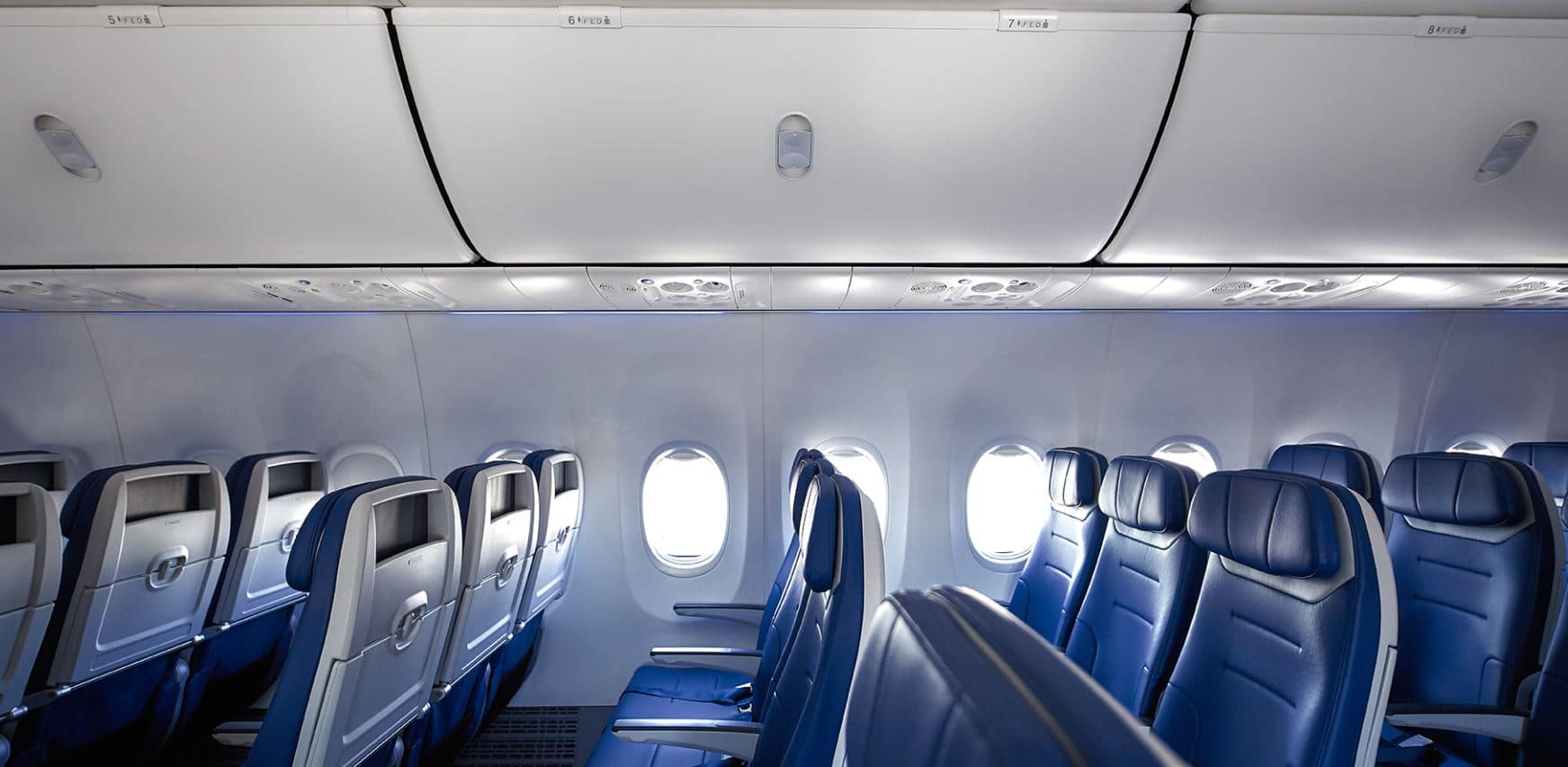Understanding Southwest Airlines' New Portable Charger Carry-On Policy

Table of Contents
What are the New Rules Regarding Portable Chargers on Southwest Airlines?
Southwest Airlines, like many other airlines, has specific regulations regarding portable chargers, also known as power banks or external battery packs. Staying informed about these rules is crucial for a hassle-free travel experience. These updated guidelines aim to enhance passenger safety and comply with evolving aviation security standards.
- Specific wattage limits allowed: Southwest Airlines typically permits portable chargers with a maximum wattage of 100Wh (watt-hours). Chargers exceeding this limit are generally prohibited as carry-on items. Always check the wattage rating printed on your portable charger before your flight.
- Types of portable chargers permitted: Generally, most standard power banks and external battery packs are acceptable, provided they meet the wattage restrictions. However, damaged or modified chargers are strictly forbidden.
- Size and weight restrictions: While there aren't explicitly stated size limits beyond what can comfortably fit in your carry-on baggage, oversized or unusually heavy power banks might raise concerns during security screening. It's always best to err on the side of caution and opt for smaller, lighter devices.
- Requirements for carrying the charger in carry-on vs. checked baggage: Southwest Airlines strongly recommends carrying portable chargers in your carry-on bag. They are generally not allowed in checked baggage due to the risk of damage and potential safety hazards during handling.
Why Did Southwest Airlines Change its Portable Charger Policy?
The evolution of Southwest Airlines' portable charger policy reflects a broader trend in the aviation industry, driven primarily by safety considerations and technological advancements.
- Potential safety considerations related to lithium-ion batteries: Portable chargers typically utilize lithium-ion batteries, which, while highly efficient, can pose a fire risk if damaged or improperly handled. The updated policy aims to mitigate these risks.
- Changes in TSA regulations influencing the airline's policy: The Transportation Security Administration (TSA) continually updates its regulations regarding the transportation of lithium-ion batteries in response to evolving technology and safety concerns. Airlines like Southwest are obligated to comply with these regulations.
- Southwest's commitment to passenger safety: Southwest Airlines prioritizes the safety and security of its passengers and crew. The updated portable charger policy is a testament to their ongoing commitment to maintaining the highest safety standards.
How to Pack Your Portable Charger Safely for a Southwest Flight
Packing your portable charger correctly is just as important as understanding the regulations. Taking these precautions can prevent potential problems and ensure a smooth journey.
- Properly storing the charger to prevent accidental activation: Keep your portable charger in its protective case or pouch, preventing accidental button presses that could lead to overheating or power drain.
- Protecting the charger from damage during transport: Pack your charger in a padded case or compartment within your carry-on bag to protect it from bumps and shocks during travel.
- Keeping chargers in easily accessible carry-on baggage for security checks: Place your charger in a readily accessible part of your carry-on bag for easy retrieval during security screenings. This will expedite the process and prevent any delays.
- What to do if your portable charger is confiscated: If your portable charger is deemed non-compliant, cooperate fully with security personnel. They will explain the reasons for confiscation. Consider purchasing a compliant charger before your return flight.
What Happens if I Violate Southwest's Portable Charger Policy?
Non-compliance with Southwest Airlines' portable charger policy can lead to several repercussions, impacting your travel plans.
- Potential delays at security checkpoints: Security personnel may need to conduct additional checks if they suspect your portable charger violates regulations, leading to delays.
- Confiscation of the device: Non-compliant portable chargers will likely be confiscated, leaving you without a crucial device during your journey.
- Potential fines or other penalties: While not always the case, violating airline regulations regarding prohibited items can potentially lead to fines or other penalties.
Conclusion
Staying informed about Southwest Airlines' portable charger policy is crucial for a smooth and hassle-free travel experience. Understanding the wattage limits, permitted charger types, and proper packing techniques ensures compliance and avoids potential delays or confiscation. Remember to always check the official Southwest Airlines website for the most up-to-date information on their portable charger policy and other baggage regulations before your flight. For comprehensive details on all Southwest Airlines policies, including their baggage policy and carry-on rules, visit the official Southwest Airlines website: [Insert Link to Southwest Airlines Baggage Policy Here]. Planning ahead will guarantee a connected and enjoyable Southwest Airlines journey.

Featured Posts
-
 Dc Legends Of Tomorrow A Retrospective On The Series
May 24, 2025
Dc Legends Of Tomorrow A Retrospective On The Series
May 24, 2025 -
 Explore Global Destinations From England Airpark And Alexandria International Airport Fly Local Campaign Details
May 24, 2025
Explore Global Destinations From England Airpark And Alexandria International Airport Fly Local Campaign Details
May 24, 2025 -
 Are Dutch Stocks Headed For A Deeper Slump Due To Us Trade
May 24, 2025
Are Dutch Stocks Headed For A Deeper Slump Due To Us Trade
May 24, 2025 -
 Ferraris 10 Fastest Production Models Track Tested
May 24, 2025
Ferraris 10 Fastest Production Models Track Tested
May 24, 2025 -
 Europese Aandelen Vs Wall Street Doorzetting Van De Snelle Marktbeweging
May 24, 2025
Europese Aandelen Vs Wall Street Doorzetting Van De Snelle Marktbeweging
May 24, 2025
